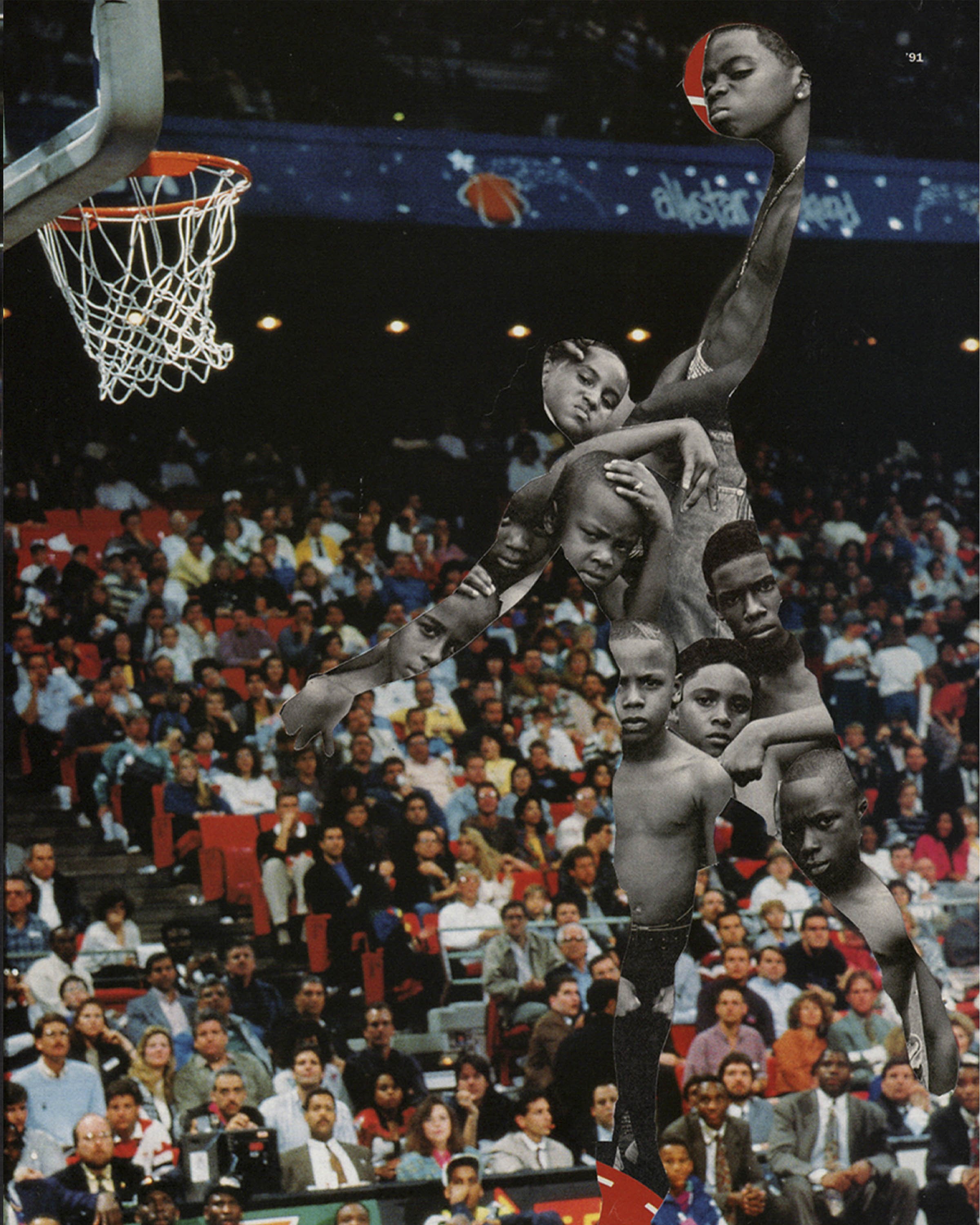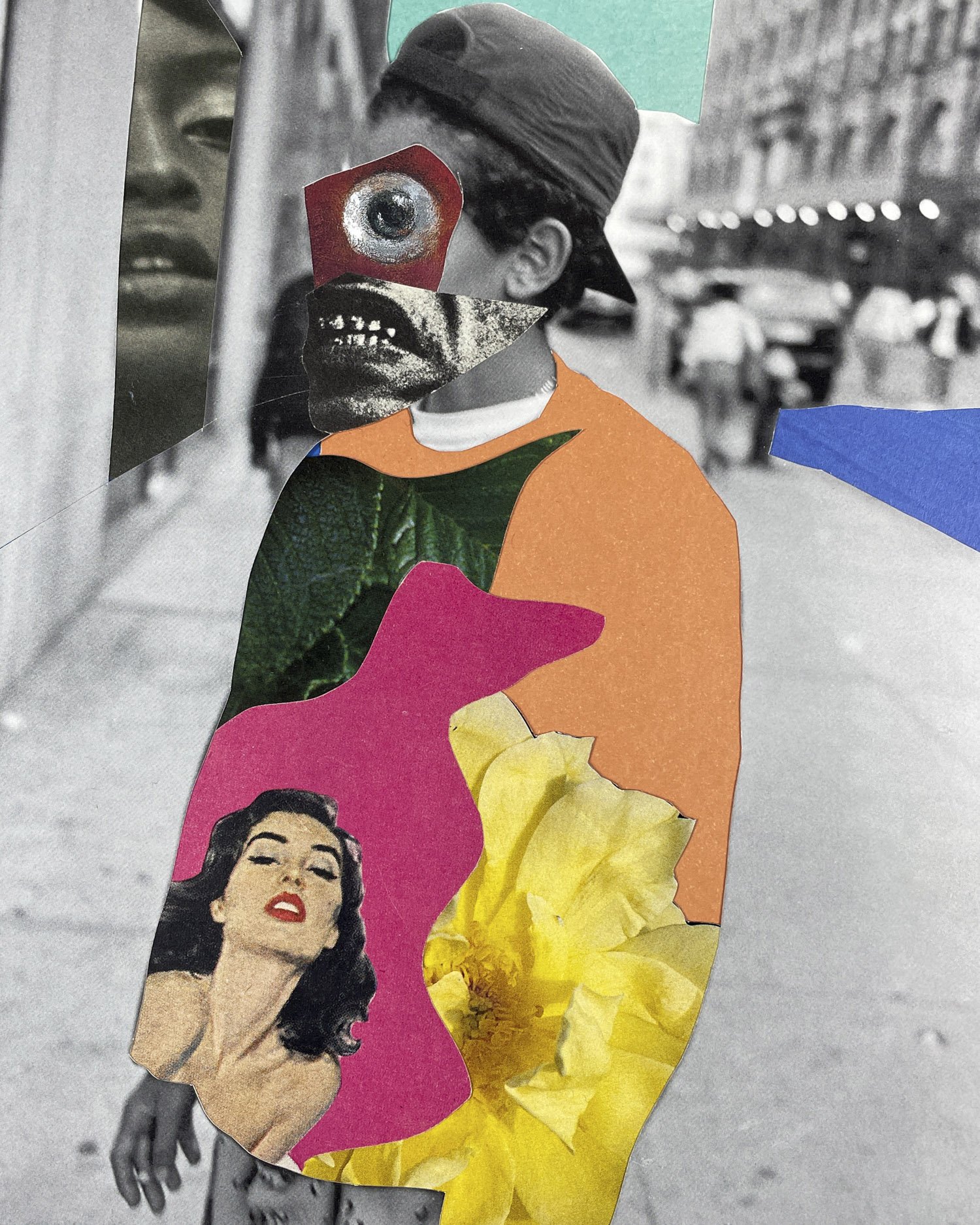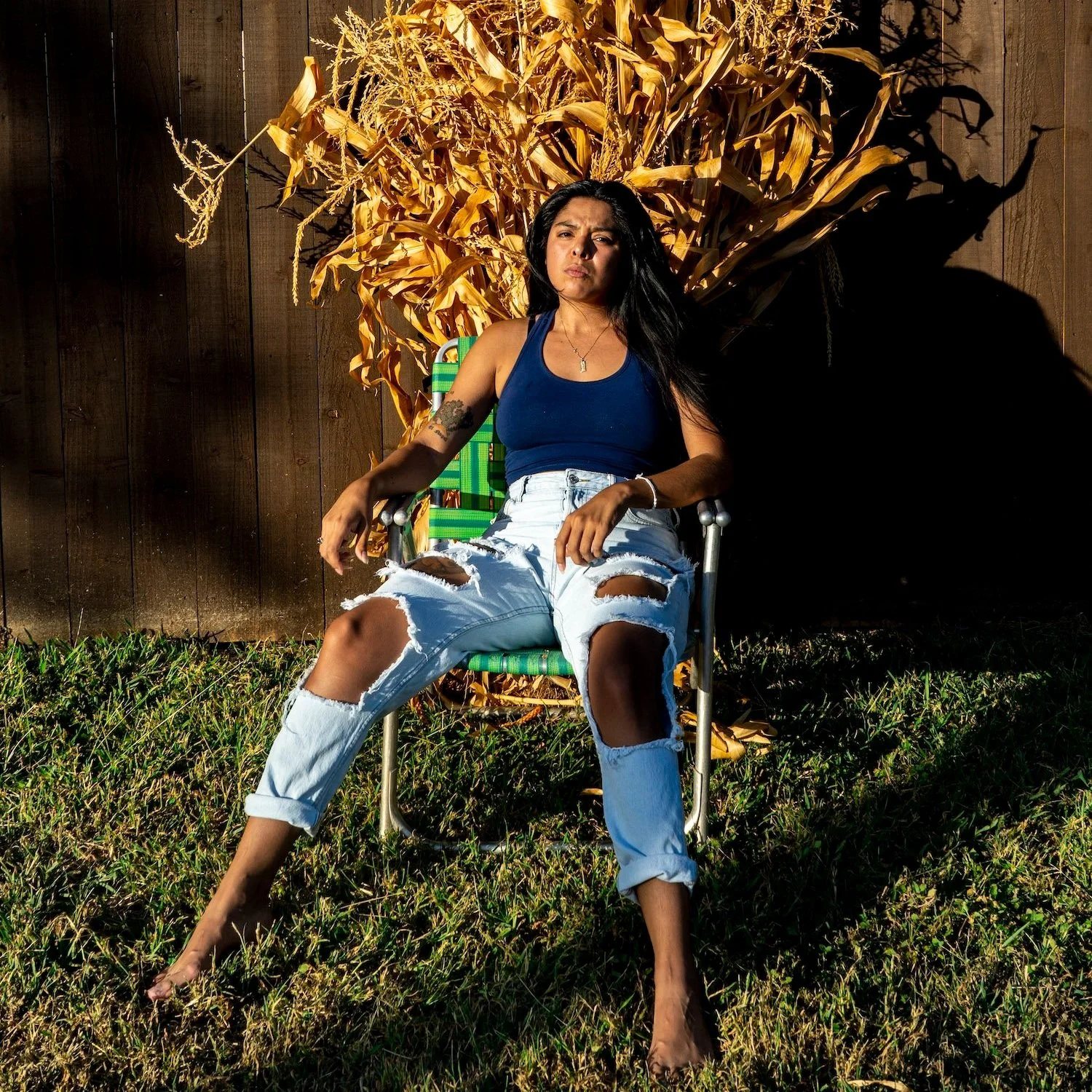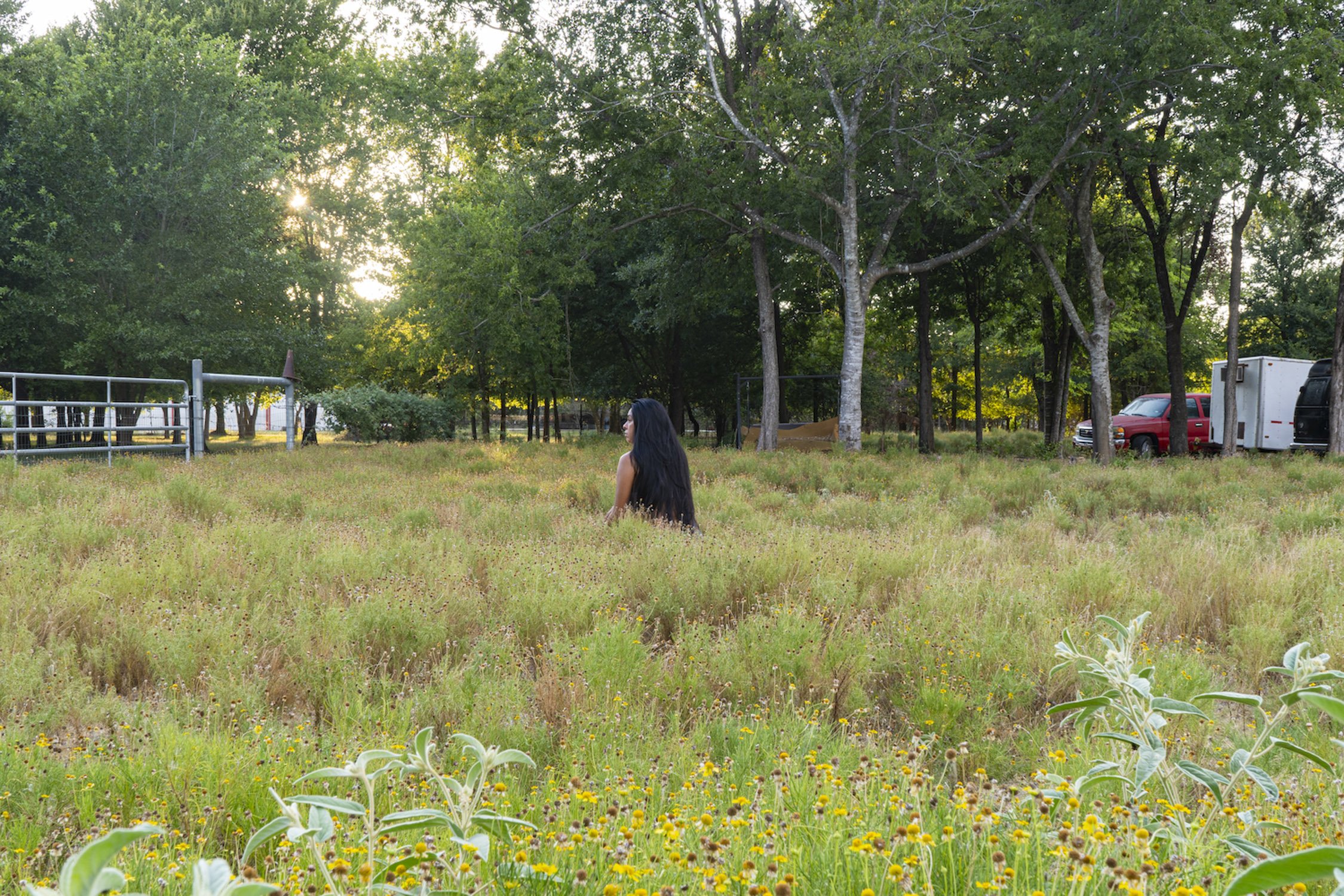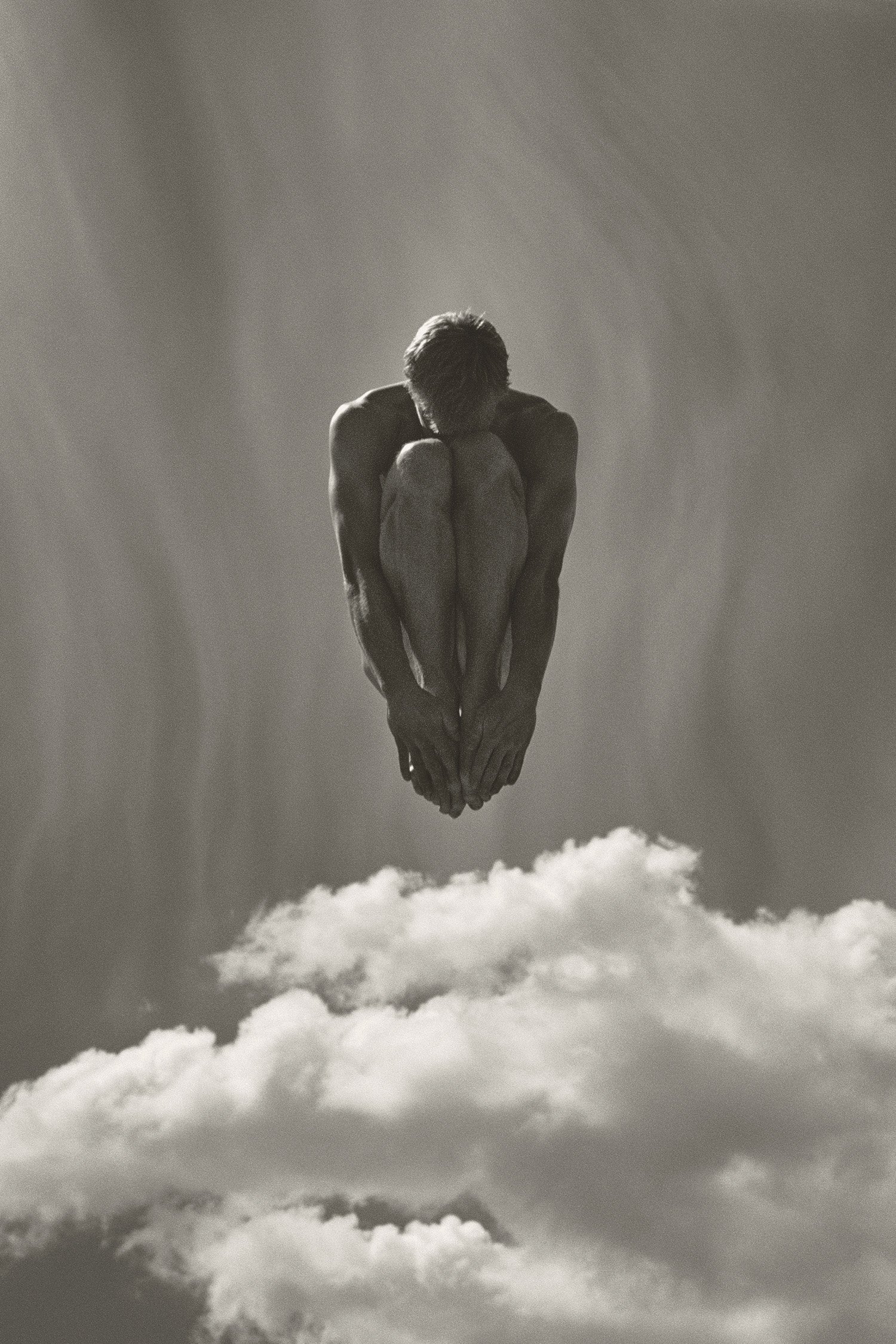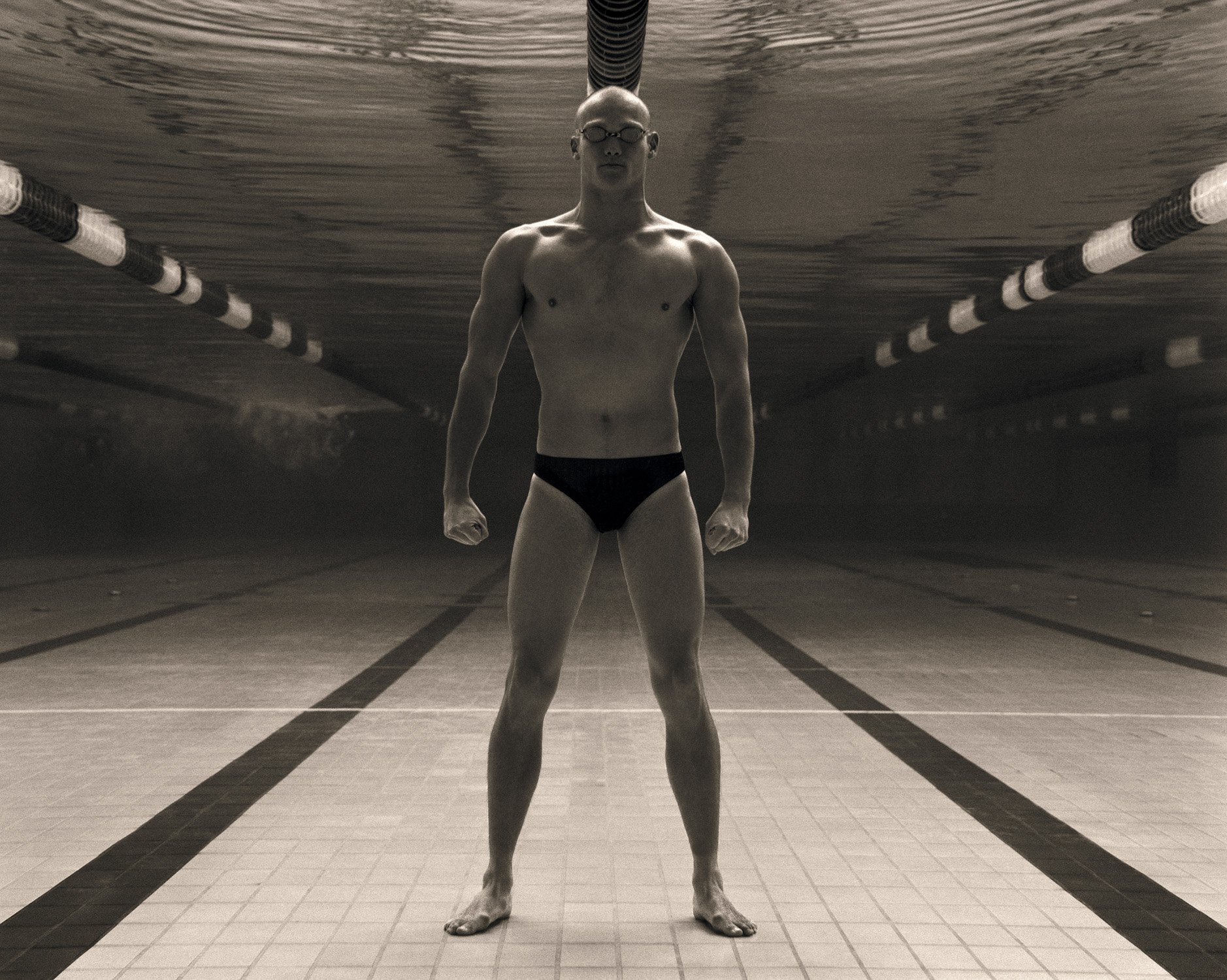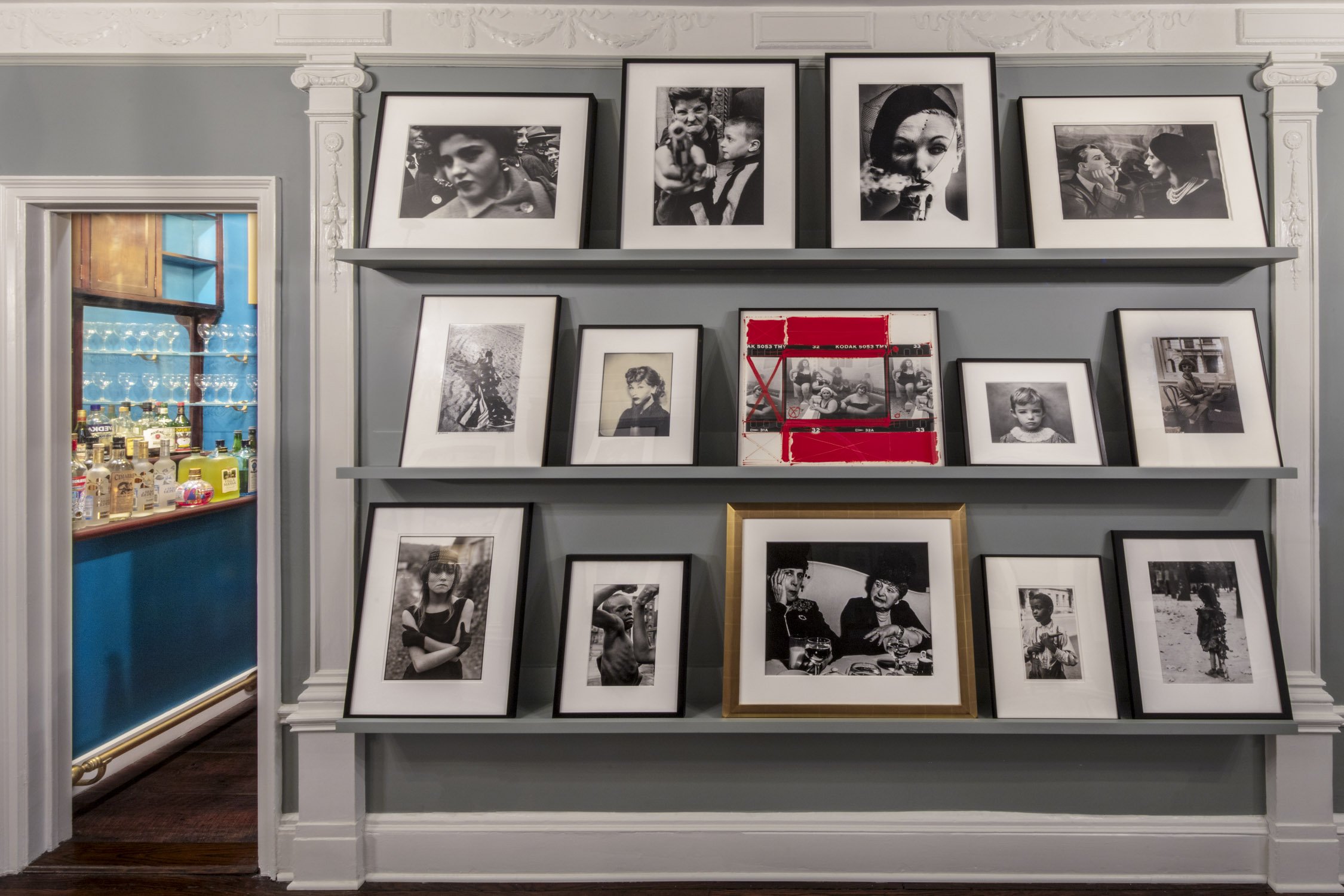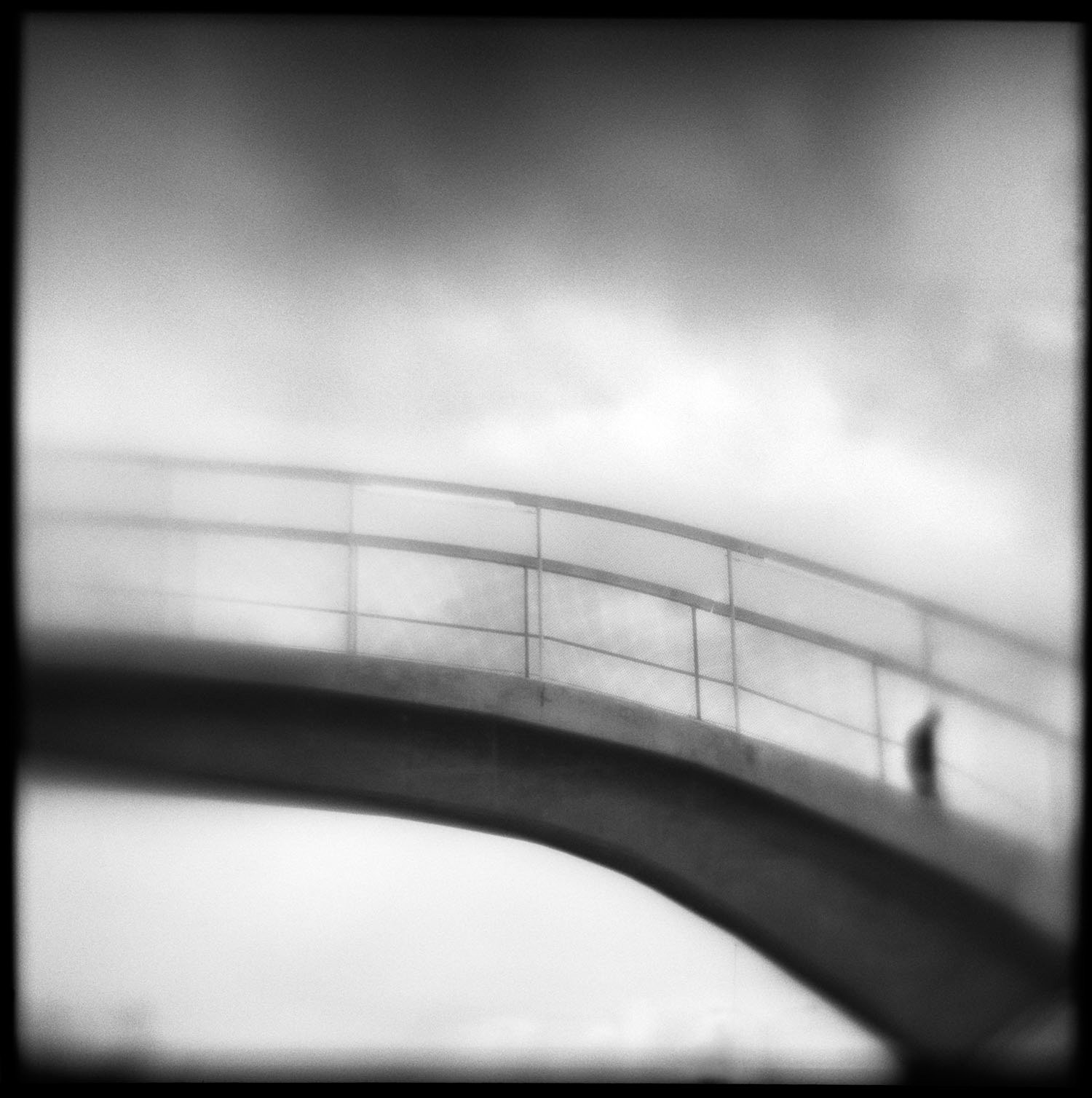 Image 1 of 4
Image 1 of 4

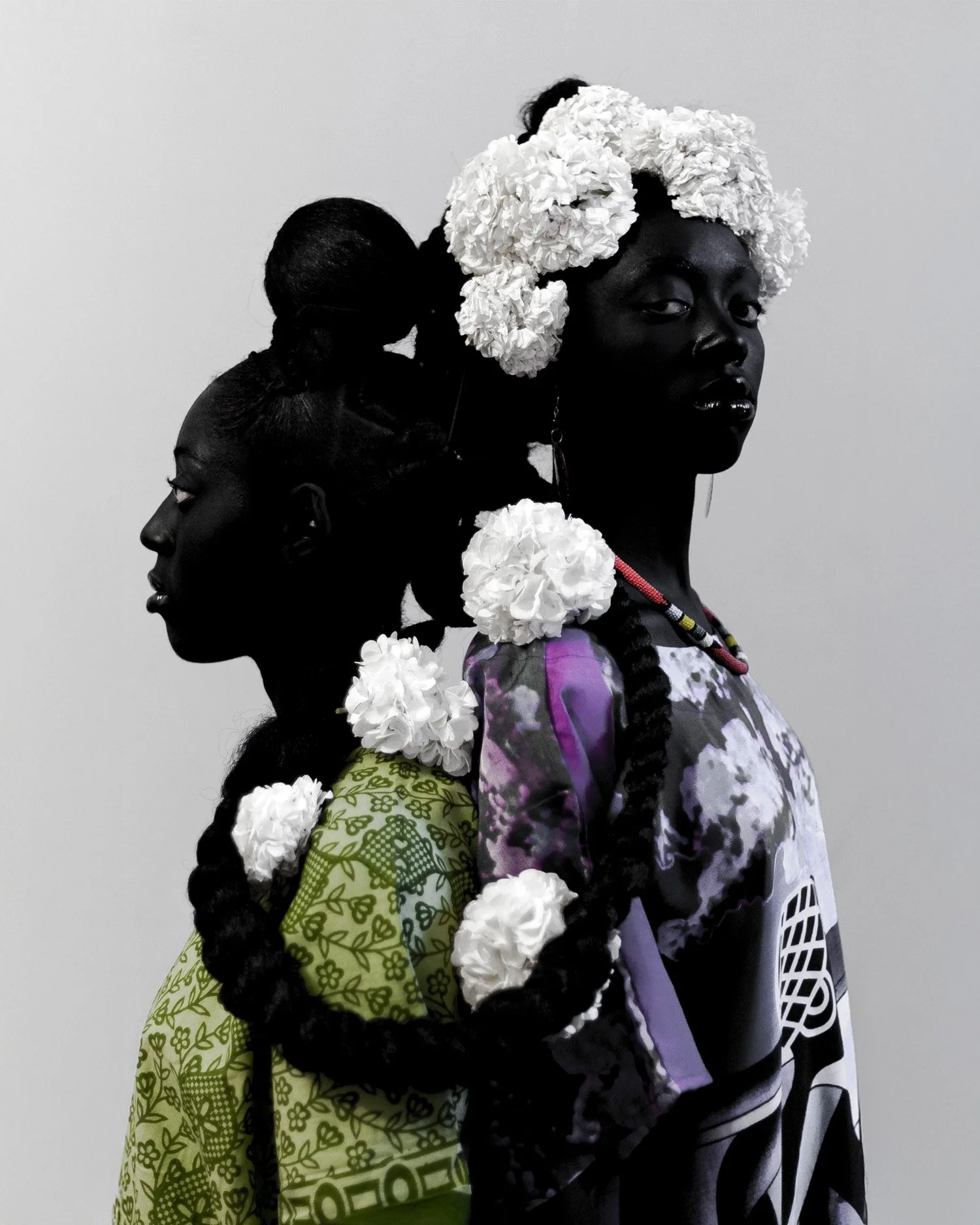 Image 2 of 4
Image 2 of 4

 Image 3 of 4
Image 3 of 4

 Image 4 of 4
Image 4 of 4





Contemporary Issues in Photography: The Ethics of Seeing (Nov 18-Dec 16)
Dates: November 18 - December 16, 2025
Meetings: Tuesdays, 10:00 AM to 12:00 PM CST
Location: Online Zoom Classroom
Cost: $290 (HCP members can receive a 10% discount)
Instructor: Shawn Theodore
Skill Level: Open to All Levels
In contemporary practice, especially amid the proliferation of digital photography, social media, and AI-generated imagery, the lines between truth, authorship, and impact have become more blurred and consequential than ever. This course frames photography not merely as a medium of visual capture, but as a philosophical and ethical act.
Students will engage with contemporary critical theory, media studies, psychology, and postcolonial thought to analyze the “ethics of seeing.” Key questions for analysis include : How do photographs influence what (and who) is visible or invisible? What responsibilities do image-makers and viewers have toward their subjects? The ultimate objective is for students to become, in Susan Sontag’s terms, a more conscious viewer and, if a photographer, a more ethically aware practitioner, sensitive to the “moral boundaries” of their craft.
By the end of the course, students will develop a rigorous, socially conscious framework for thinking about photographic ethics, visibility, and representation in today’s global visual culture.
Objectives:
Critically analyze photographs and visual media in terms of power, representation, and responsibility
Articulate and socially conscious framework for photographic ethics
Discuss the profound impact of technology on photographic authenticity and memory
Consider photography’s role in activism, identity formation, and public visual culture
Synthesize course material to describe how a photographer’s work relates to broader social issues
Demonstrate a deep understanding of decolonial and intersectional perspectives in visual culture
Prerequisites:
Students should be prepared to engage in critical discussion and analysis of texts from fields such as critical theory, media studies, and postcolonial thought.
Course Prep:
The instructor will provide the students with a list of readings and main questions toward each class. Students are expected to prepare for discussion following these instructions.
Dates: November 18 - December 16, 2025
Meetings: Tuesdays, 10:00 AM to 12:00 PM CST
Location: Online Zoom Classroom
Cost: $290 (HCP members can receive a 10% discount)
Instructor: Shawn Theodore
Skill Level: Open to All Levels
In contemporary practice, especially amid the proliferation of digital photography, social media, and AI-generated imagery, the lines between truth, authorship, and impact have become more blurred and consequential than ever. This course frames photography not merely as a medium of visual capture, but as a philosophical and ethical act.
Students will engage with contemporary critical theory, media studies, psychology, and postcolonial thought to analyze the “ethics of seeing.” Key questions for analysis include : How do photographs influence what (and who) is visible or invisible? What responsibilities do image-makers and viewers have toward their subjects? The ultimate objective is for students to become, in Susan Sontag’s terms, a more conscious viewer and, if a photographer, a more ethically aware practitioner, sensitive to the “moral boundaries” of their craft.
By the end of the course, students will develop a rigorous, socially conscious framework for thinking about photographic ethics, visibility, and representation in today’s global visual culture.
Objectives:
Critically analyze photographs and visual media in terms of power, representation, and responsibility
Articulate and socially conscious framework for photographic ethics
Discuss the profound impact of technology on photographic authenticity and memory
Consider photography’s role in activism, identity formation, and public visual culture
Synthesize course material to describe how a photographer’s work relates to broader social issues
Demonstrate a deep understanding of decolonial and intersectional perspectives in visual culture
Prerequisites:
Students should be prepared to engage in critical discussion and analysis of texts from fields such as critical theory, media studies, and postcolonial thought.
Course Prep:
The instructor will provide the students with a list of readings and main questions toward each class. Students are expected to prepare for discussion following these instructions.
Images:
Shawn Theodore, Girmama the Ancestors Answer to Faith (2020)
Shawn Theodore, Africaine no.2 (2017), from the series Future Antebellum
Shawn Theodore, King (2017), from the series The Fruit of Comets
Shawn Theodore, Anansi and the Shape of His Words (2019)


